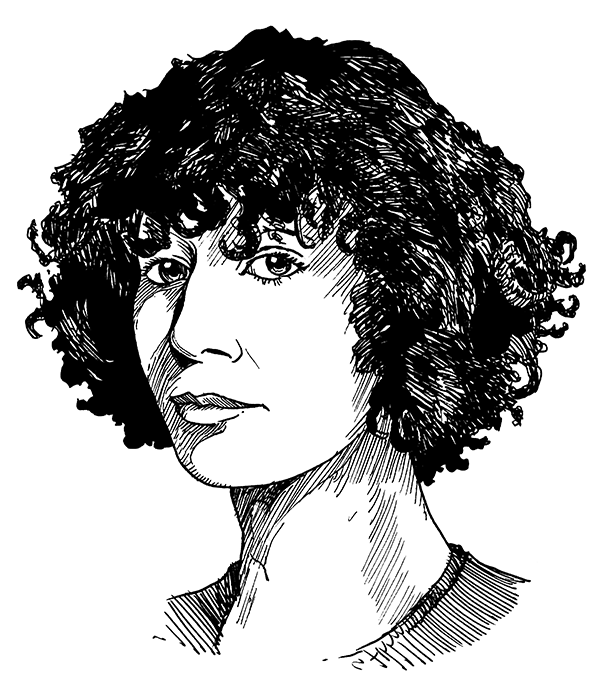For each of her sundry projects, Miranda July requires herself to inhabit a slightly different identity. In her performances, often staged in museums, she cultivates the extrovert; in her fiction, the homebody; for her recent experiments in digital media, the technophile; for managerial duties, the taskmaster. She achieves this malleable persona through daily meditation, near-abusive self-discipline, and a rigorous schedule that requires her to question the efficiency of every moment, including sitting on the toilet.
July’s work gained some public attention in 2005, with the release of Me and You and Everyone We Know, an idiosyncratic, kindhearted film she considers the most accessible artwork she’s ever made. Before that, her very early projects were more often conflicted and unpredictable—zines and a series of wild, dramatic plays staged at 924 Gilman, a seminal punk club in Berkeley, California. In the late ’90s, amid the Riot Grrrl culture of the Pacific Northwest, she recorded a batch of audio pieces that float between radio drama and sound collage, which she released through Slim Moon’s Kill Rock Stars record label. She has continued her work in performance with new, live pieces every few years, including the recent New Society, which she performed at the Walker Art Center in October 2014, and at SFMOMA in April 2015.
A new development in July’s body of work is Somebody, an app she designed that asks people to serve as human text-delivery systems, receiving a digital message they must physically relay to a stranger in their vicinity. July has long been infatuated by the concept of strangers. Her book It Chooses You chronicles her adventures with the PennySaver, as she entered people’s homes and lives to purchase curious, quotidian items (the first one is a leather jacket). She uses these objects as talismans to cultivate a fantastical, complex world out of the banalities of daily life, a process that continues to inform all her work, including her second feature film, The Future, and her first story collection, No One Belongs Here More Than You.
Her most recent project is her debut novel, The First Bad Man, the story of a fastidious woman whose household habits mimic July’s own. I spoke to her over the phone about her life and work. Toward the end of the call, our connection faltered, but we pushed through.
—Ross Simonini
I. “THE KIND OF CRUCIBLE I’M ALWAYS IN”
THE BELIEVER: Let’s talk about the art of the domestic ritual, which plays an important function in The First Bad Man. Do you have rituals around your life?
MIRANDA JULY: Well, it’s funny: when my...
You have reached your article limit
Sign up for a digital subscription and continue reading all new issues, plus our entire archives, for just $1.50/month.
Already a subscriber? Sign in





